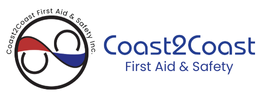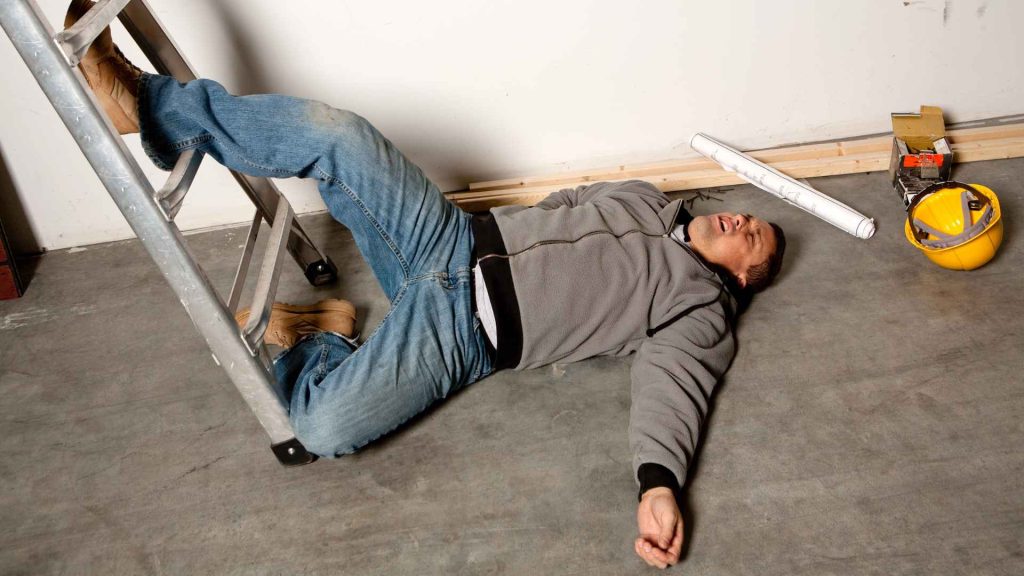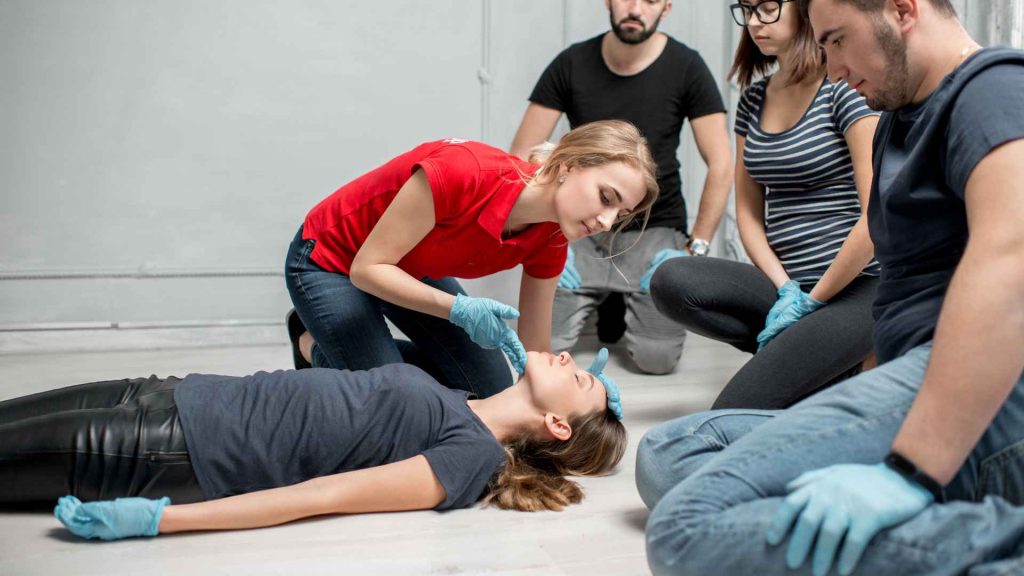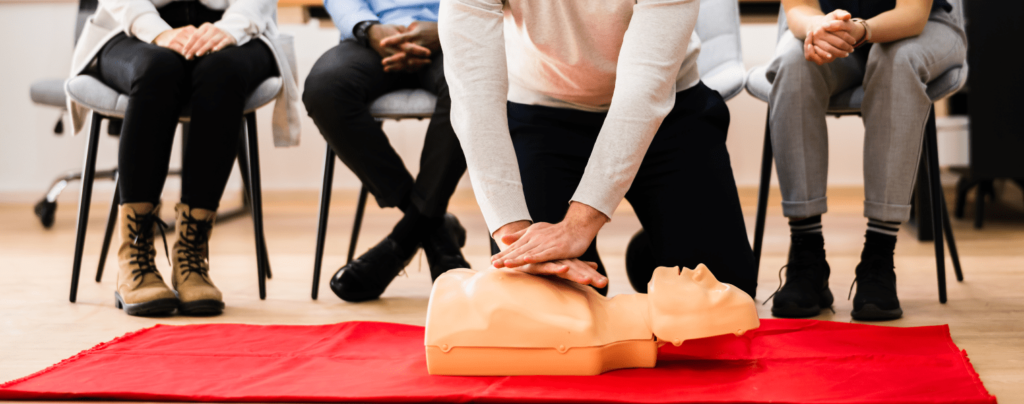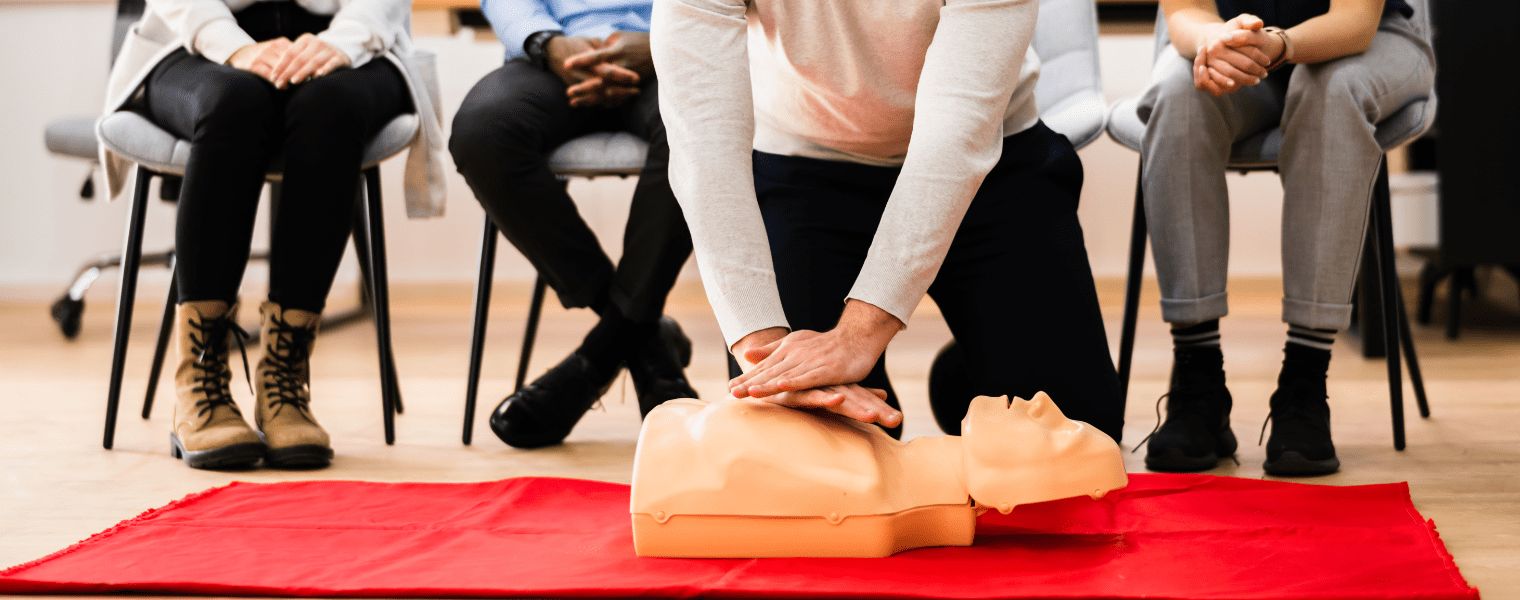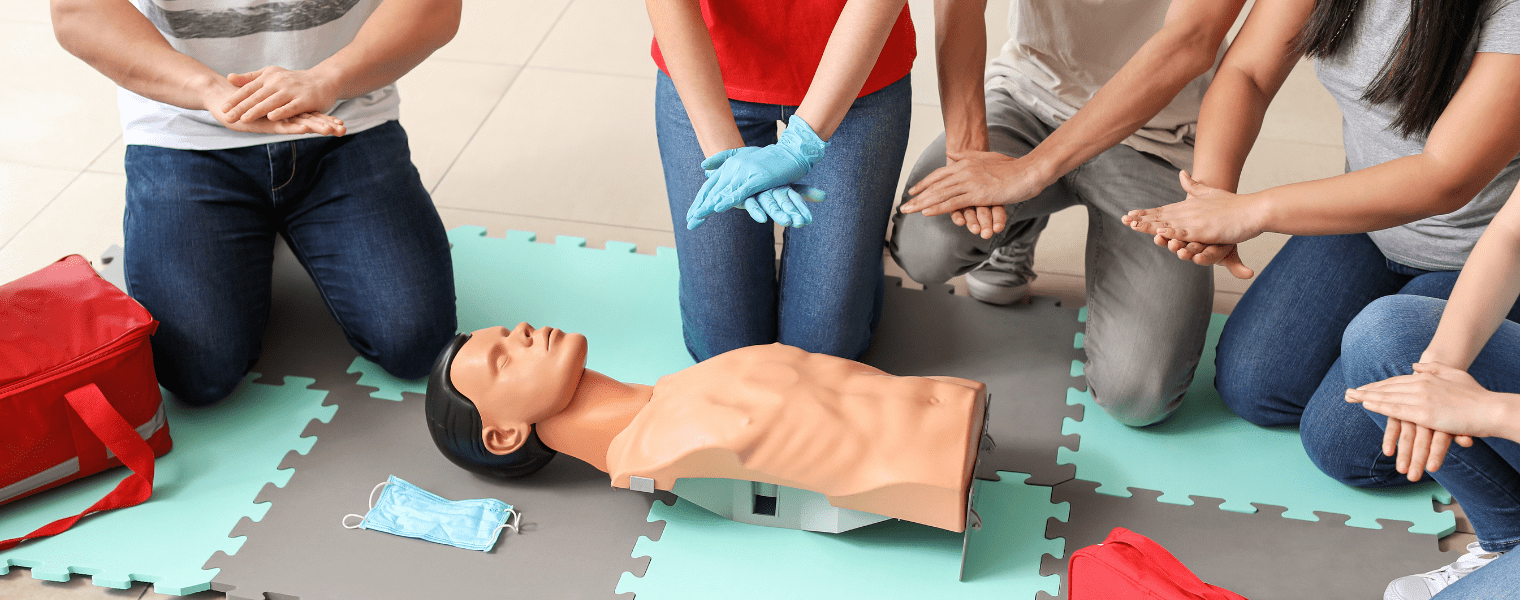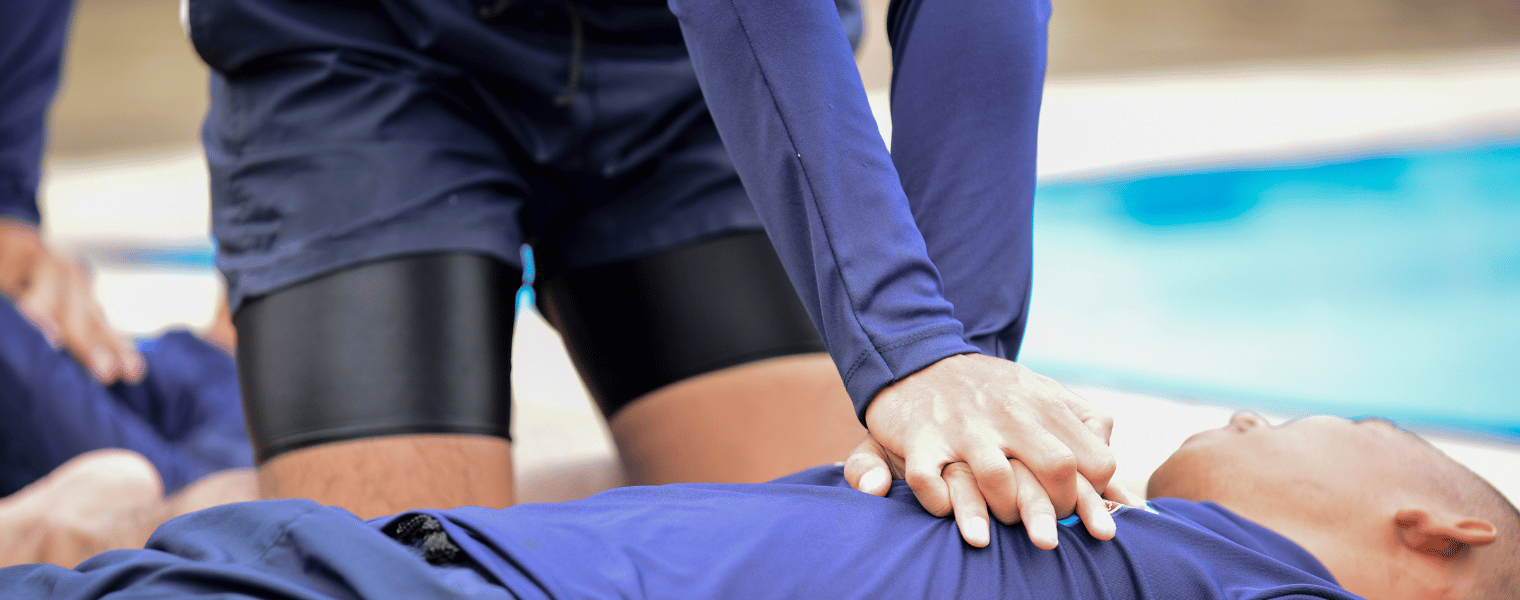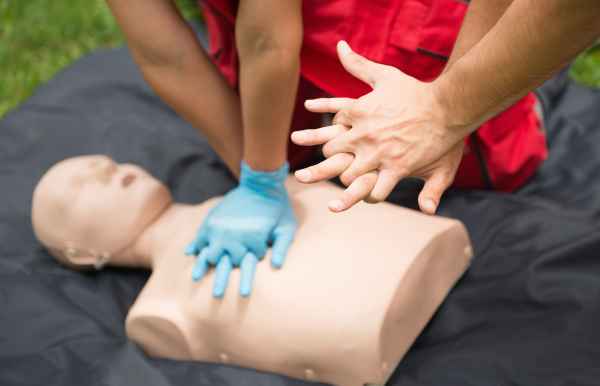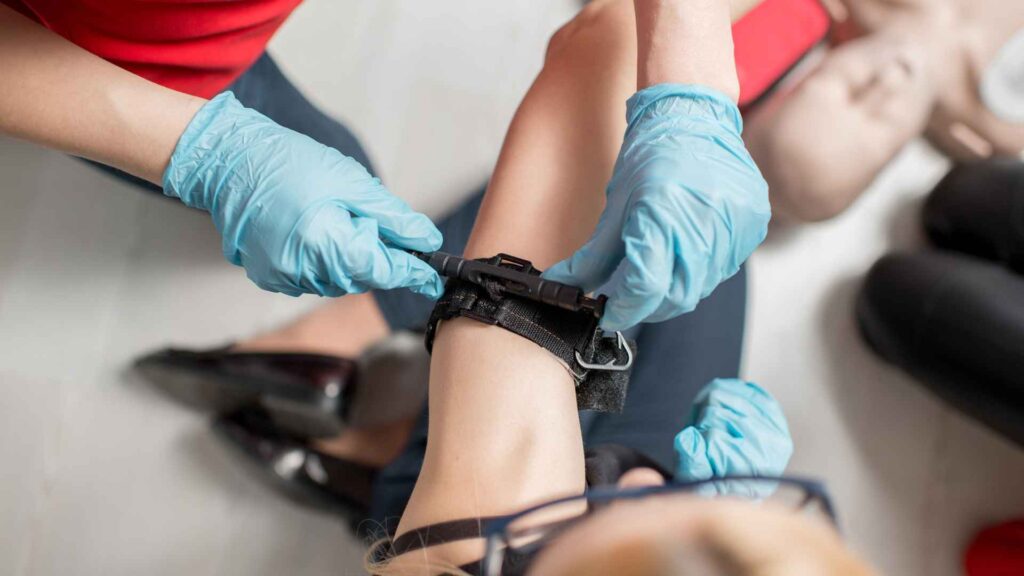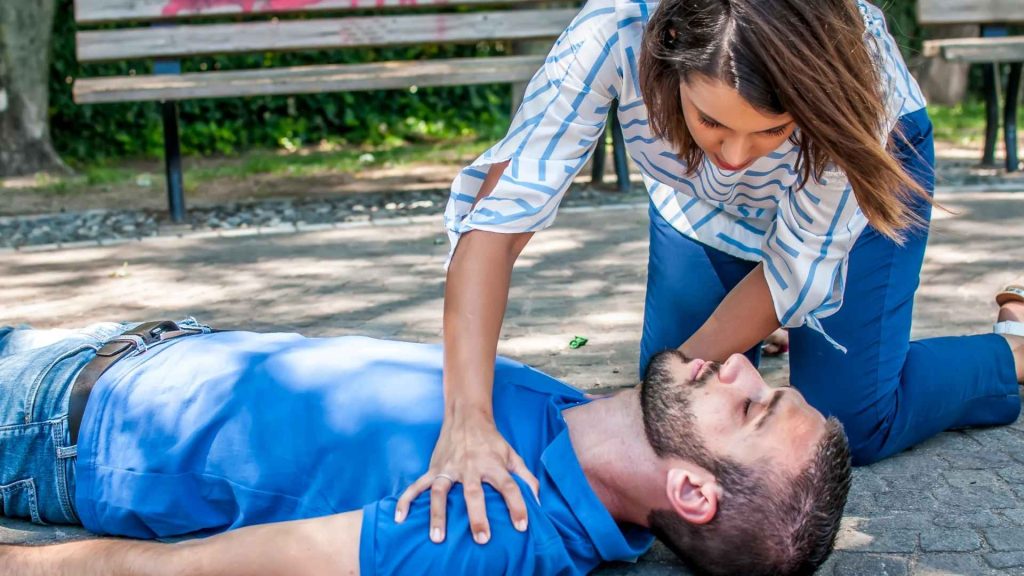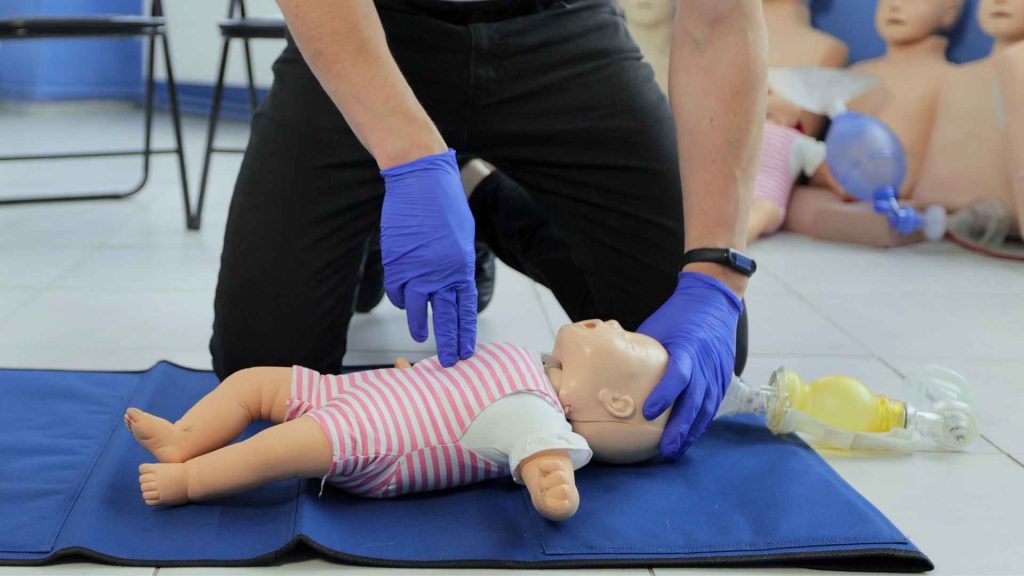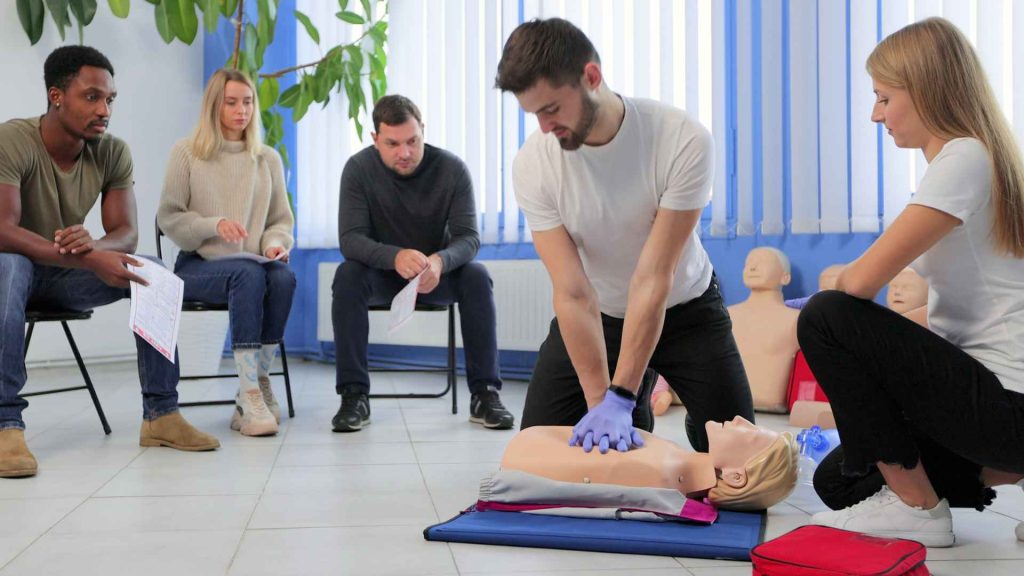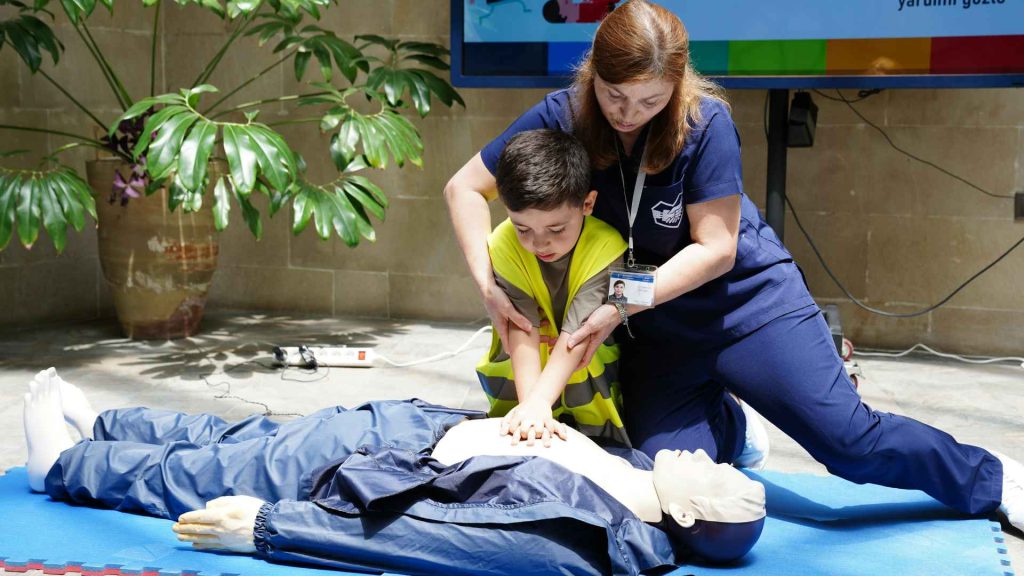A concussion is a common type of brain injury that can happen to anyone, from athletes on the field to children at play or adults involved in everyday accidents. Because symptoms may not always appear right away, it’s important to know the warning signs and how to respond. In this guide, we’ll explain the most common signs and symptoms of a concussion, when to call 9-1-1, and the essential first aid steps you can take until medical professionals arrive.
Concussions are common but serious. They can happen anywhere: on the field, in the car, at home. Recognizing the signs, acting quickly, and properly resting are essential to ensure safe recovery. When in doubt, always seek medical attention.
Understanding Concussions
A concussion is a form of traumatic brain injury that occurs when the brain is jolted inside the skull, often due to a direct blow to the head or sudden impact. While many people think a concussion always involves passing out, this isn’t true. A person may remain fully awake but still experience severe effects.
Symptoms can begin immediately, or they may not appear until hours or even days later. These can affect sleep patterns, mood, memory, concentration, and sensitivity to light and sound. Some people recover quickly, while others may experience lingering symptoms that last for days or longer.
Register for First Aid & CPR Training
Common Causes of Concussions
Concussions can happen in a wide variety of settings. Some of the most frequent causes include:
- Sports injuries (e.g., football, soccer, basketball, skateboarding)
- Falls (especially among older adults)
- Car accidents or bike accidents
- Physical altercations or assaults
- Any significant jolt to the head or body (including whiplash)
When to Call 9-1-1
All concussions should be taken seriously. If you suspect someone has sustained a concussion, call 9-1-1 or your local emergency number immediately.
Signs and Symptoms of a Concussion
Look for these warning signs after a head injury:
- Confusion that lasts from a few moments to several minutes
- Headache or pressure in the head
- Asking the same questions repeatedly
- Memory problems, especially about events just before or after the impact
- Brief loss of consciousness
- Nausea or vomiting
- Difficulty speaking or responding appropriately
- Blurry vision or sensitivity to bright light
First Aid Care Until Help Arrives
If you’re caring for someone with a suspected concussion, these are the first aid steps you should take:
- Keep the head and neck stable in the position you found them
- Make sure their airway is open and clear
- Manage any bleeding with dressings, but avoid applying direct pressure if a skull fracture is suspected
- If you notice clear fluid draining from the ears or scalp, cover the area loosely with a sterile dressing
- Stay with the person and watch closely for any changes in their condition
- Offer reassurance and keep them talking to help prevent loss of consciousness
Tips for Preventing Concussions
Prevention is always better than a cure. Here are ways to lower your risk:
- Use properly fitted helmets for biking, skateboarding, skiing, or contact sports
- Ensure protective equipment in sports is well-maintained and properly used
- Use seat belts in vehicles at all times
- Avoid impaired driving or riding with an impaired driver
- Improve home safety: secure rugs, install handrails, remove trip hazards
- Promote safe play spaces and supervision for children
Why First Aid Training Matters
Concussions can happen anywhere. Whether you’re on the sports field, at work, in a car accident, or even experience a simple fall, having knowledge and confidence to recognize the signs and symptoms of a concussion can make a significant difference in someone’s recovery.
At Coast2Coast First Aid and Safety, our first aid and CPR courses are designed to give you the hands-on skills to respond effectively in emergencies like this.
